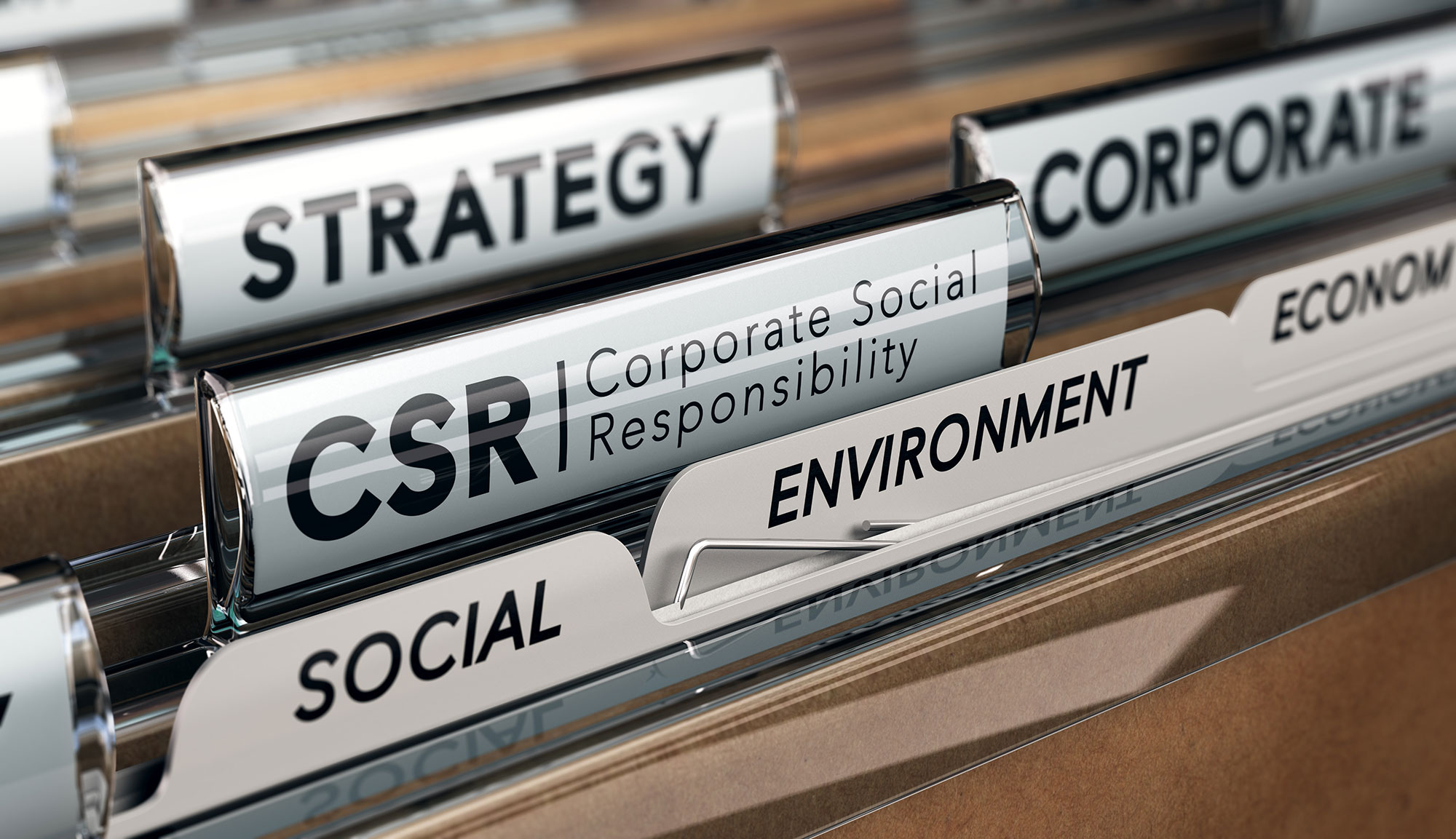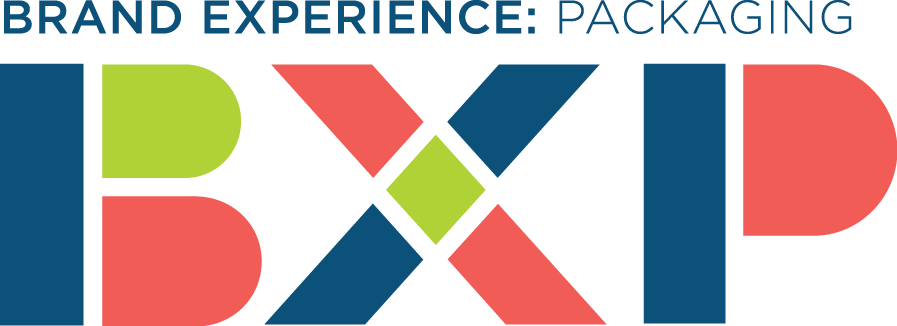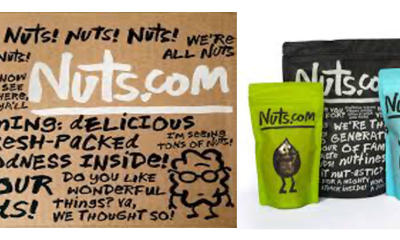
Debate & Discuss: Corporate Social Responsibility
In the first part of a series, two top executives tell why being a responsible social actor is so important.
Published
7 years agoon
By
BXP StaffJohn Replogle
CEO at Seventh Generation

What does corporate social responsibility mean to you?
Corporate social responsibility is the responsibility of every CEO today. We must reframe our lens on business as a force for good not just as a profit creator. Truly enduring companies will embrace the notion of doing well by all stakeholders and in doing so will do well for their shareholders. In this sense, we must think about the interdependency between a company, employees, the community, the environment and capital markets. When we optimize all of these elements we build an enduring business model that delivers true long-term value.
How can brands be more socially responsible?
Brands are fundamentally a relationship between a product/service and the consumer. At the heart of this relationship is trust. It is the fundamental building block of all brands. Without trust you can’t build a brand. So how do you build trust? It is about being congruent in your words, deeds and actions. It is about caring about others and always doing what is right. It is about being authentic and transparent. These are the core values of enduring brands.
How do you champion social responsibility in your company?
Social responsibility must be central to the culture, mission, values and reinforcing systems of a business. It takes commitment from leadership, inspiration of all employees, a clear North Star that aligns the team and a measurement and reward system that reinforces the right behavior. Social responsibility must come first as a key principle with elements like profitability and market share being an output when you build a social responsible company.
Why is encouraging corporate social responsibility a good business practice?
Socially responsible companies create about 400% more long-term value than companies that don’t practice this approach. It is about eradicating waste, building organizational passion around purpose, recruiting and retaining the best talent, treating suppliers and customers well so they are loyal and caring for the community and planet around you. When these are well cared for, companies are more efficient, more admired and accelerate their performance in the market place.
How can brands best report their social and environmental responsibility work in the most truthful and transparent communication possible?
CSR is not simply about patting oneself on the back publicly. Rather, it is about setting BHAGs—big, hairy audacious goals— and measuring performance against these goals, capturing learnings, sharing failures and striving to constantly improve. CSR is all about raising the bar and holding your company publicly accountable to be the best it can be.
Is there anything else you would like to share?
Every company should consider becoming a B Corp – a benefit corporation. It is an inspiring community of change makers using business as a force for good.
Kathy Loftus
Global leader, sustainable facilities, Whole Foods Market

What does corporate social responsibility mean to you?
I like to view corporate social responsibility through the lens of conscious capitalism, conscious leadership and the core values of Whole Foods Market. We use a comprehensive stakeholder approach, ensuring we serve and support the needs of all of our stakeholders including customers, team members, supplier partners, the communities where we serve or source products, and our silent stakeholder, the environment. All are considered when evaluating change or growth within the company.
How can brands be more socially responsible?
By considering shared value approaches with communities in which they do business. This includes not only their suppliers, but their customers and employees as well. They can also focus on ways to continue promoting diversity and supporting the happiness and health of employees. I feel strongly at Whole Foods Market that our success as a brand is dependent on the collective energy and talent of our team member base.
How do you champion social responsibility in your company?
I strive to keep my team motivated through continued innovation and new sustainability programs. We share our partnerships, awards and successes with internal and external stakeholders. We promote and celebrate certifications like Green Chill, Energy Star, Better Buildings Alliance, Net Zero Energy, LEED, Green Globes and Zero Waste. During meetings, I share slides that evoke purpose and appreciation and help link cause and effect of our impact on local, regional and global economies and environments. I also share success stories and recognize those teams and team members who go above and beyond. The success of our programs helps us budget additional funding and resources for new programs that support continued environmental stewardship. Internal morale and communication is crucial.
Why is encouraging corporate social responsibility a good business practice?
A great example of this is our Local Producer Loan Program at Whole Foods Market. The Local Producer Loan Program provides low interest loans to local suppliers who need assistance expanding their businesses. For example, producers might use the loans to buy more animals, invest in new equipment, or get organic certification. A program like this supports local economies, brings innovative products to customers, and in many cases has helped producers grow from distribution in one or two stores to selling products companywide.
Another example is our partnership with the Department of Energy and the Better Buildings Alliance. Improving energy efficiencies is important for our environment, but there are significant savings as well. We’ve been able to work with other companies to share our own best practices and learn from theirs.
How can brands best report their social and environmental responsibility work in the most truthful and transparent communication possible?
There are so many ways to report on environmental responsibility that it can become overwhelming—not to mention, time consuming. At Whole Foods Market, we’ve disclosed to Carbon Disclosure Project and Dow Jones Industrial Average Sustainability Index. We know that Global Reporting Initiatives (GRI) and Sustainability Accounting Standard Board (SASB) are also working on similar types of reporting that are very comprehensive.
Is there anything else you would like to share?
I recommend working closely with valued stakeholders to determine intersecting areas where CSR can help forge stronger business and community relationships. There are existing examples out there, too—many companies report publicly. Look for great nuggets in publications.
BXP elevates the value of innovative and collaborative brand package design as a strategic business competence across the omni-channel path to purchase, to ultimately help consumer facing and retail brands deliver more relevant experiences that connect with shoppers, win at shelf, own the moment of sale and maximize brand loyalty.
SPONSORED VIDEO
Branding with Ferocity – Thinking Like an Indie Brand
Get a better understanding on how to leverage new technologies to engage and delight shoppers, sustainability’s role in product and package design – being sustainable and premium are not mutually exclusive, plus best practices and tips for collaboration and how to launch new products and refresh existing product line-ups and brands.
You may like
Advertisement

GO MINIMALISM . . . HOLD ON A MINUTE!
Sustainable, 100% Recycled Transparent Sheeting is Now a Reality!

Kroger, Walgreens to Dedicate Section of Their Stores to Reusable Packaging

6 Marketing Tips for Ecommerce Brands to Win the Holiday Shopping Season

New Wunderoots Branding Celebrates the Carrot

Fact or Fiction? The Truth about Eco-Friendly Packaging

BXP May 2021 Think & Clink

Unilever Raises Bar for Accessibility with Degree Inclusive

Crown Royal’s Limited-Edition Pack Designed by Oscar-Winner

Coca-Cola Explores World of Paper Bottles
Subscribe

BULLETINS
Get the most important news and business
ideas from BXP Magazine's news bulletin.
Latest Tweets
Advertisement


